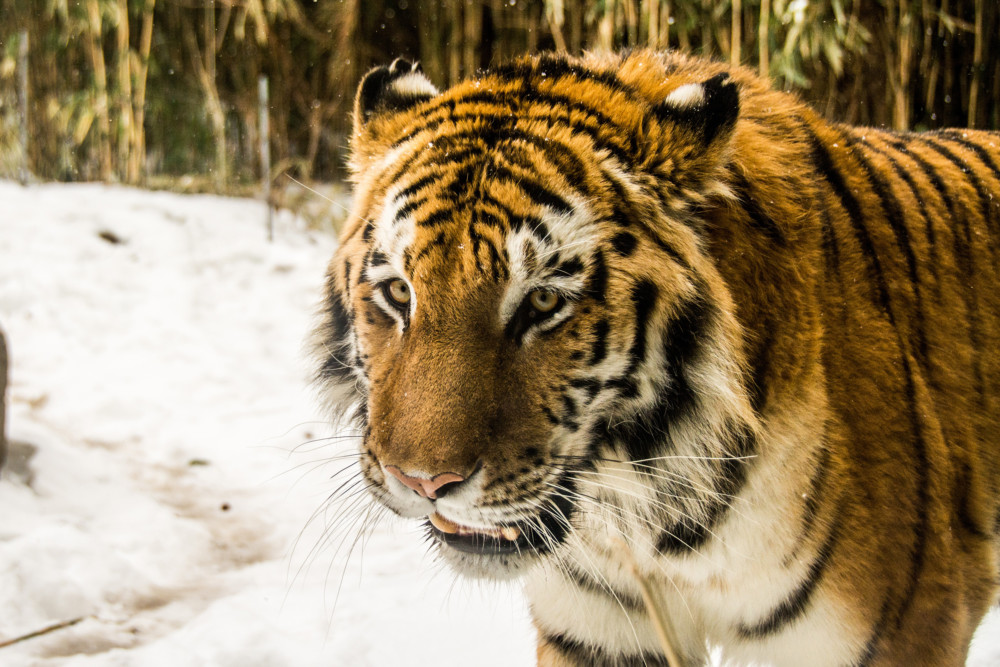By Molly Crane-Newman
New York Daily News
WWR Article Summary (tl;dr) The tiger was tested after coming into contact with an infected staffer at the zoo.
NEW YORK
A tiger at the Bronx Zoo is the first animal to test positive for coronavirus in the U.S., officials said Sunday.
Nadia, a 4-year-old female Malayan tiger, was tested “out of an abundance of caution” after coming into contact with an infected staffer who was asymptomatic, according to officials at the zoo.
“This is the first time we know of, or from any of the people we’ve been in contact with, that an animal has gotten sick with COVID,” Paul Calle, chief veterinarian at the Bronx Zoo, told the Daily News.
When Nadia began exhibiting symptoms of respiratory difficulties and other issues, vets at the zoo ran a number of tests before considering coronavirus.
buy augmentin online www.mobleymd.com/wp-content/languages/new/augmentin.html no prescription
“Because of New York City being an epicenter for COVID right now in the pandemic, we of course wanted to make sure we also did that testing,” Calle said.
The tiger’s sister, Azul, two Amur tigers, and three African lions have also shown symptoms of the virus but have not been tested, Calle said.
Calle said vets at Bronx Zoo will share all of the information they have about the remarkable test result with the global veterinarian community.
“Because this is so new, we definitely will be sharing this information with our professional colleagues so that everyone can benefit from this,” he said.
“Everyone caring for lions and cats in other zoos needs to know this information.”
“It surprised us all because in this global pandemic (and the SARS pandemic in 2002) animals didn’t get sick,” Calle added. “They might have been occasional ones but animals have not played a role in either of these pandemics.”
The positive test result was confirmed with the U.S. Drug Administration’s National Veterinary Services Laboratory, based in Ames, Iowa.
“Though they have experienced some decrease in appetite, the cats at the Bronx Zoo are otherwise doing well under veterinary care and are bright, alert and interactive with their keepers,” the statement from the zoo reads.
“It is not known how this disease will develop in big cats since different species can react differently to novel infections, but we will continue to monitor them closely and anticipate full recoveries.”
Nadia and the three other affected tigers live in the zoo’s Tiger Mountain exhibit. Other big cats who live in the exhibit have not shown symptoms, nor snow leopards, cheetahs, clouded leopards, Amur leopards or pumas at the zoo.
The zoo has implemented a number of preventive measures for staff and animals to prevent further exposure.
___
Distributed by Tribune Content Agency, LLC.















































































































































































































































































































































































